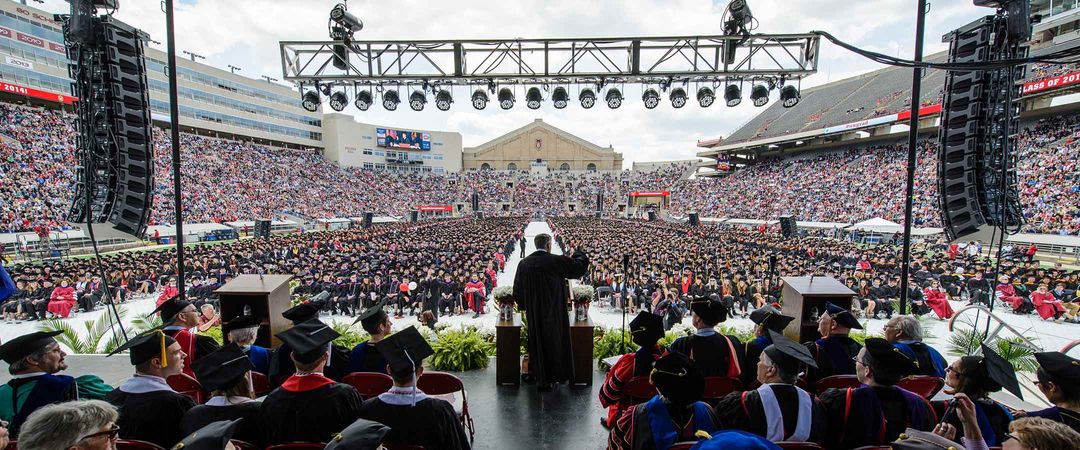Gregory Nemet is a professor at the UW–Madison’s La Follette School of Public Affairs who teaches courses on energy systems, environmental governance, and policy analysis. He’s also affiliated with the Center for Sustainability and the Global Environment, the Energy Analysis and Policy Program, the Nelson Institute for Environmental Studies, and the Wisconsin Energy Institute.

Nemet earned his bachelor’s degree in geography and economics at Dartmouth College before earning his doctorate in energy and resources from the University of California–Berkeley. Since joining the UW’s faculty, he has been awarded the H.I. Romnes Faculty Fellowship, an Andrew Carnegie Fellowship, and the inaugural World Citizen Prize in Environmental Performance from the Association for Public Policy Analysis and Management. In 2019, he published his first book, How Solar Became Cheap: A Model for Low-Carbon Innovation. Nemet also served as a lead author for the United Nations’ Intergovernmental Panel on Climate Change report published in April 2022.
Chief Area of Research:
I work on low-carbon innovation. My research is on how public policy can stimulate innovation in clean technology, particularly for addressing climate change. This involves empirical research on what has caused technologies to improve in the past. It also involves computer modeling to assess the impacts of various policy instruments on technology and on the environment.
On The UW Now, I’ll Discuss:
I’ll discuss my research on what has made clean technologies improve at such an astonishing rate. That includes a deep dive on how solar energy became cheap, as well as looking at a much broader set of technologies. The short answer to all this is that, essentially, smaller technologies are adopted more quickly and improve more quickly than large ones. Perhaps counterintuitively, small technologies will likely turn out to be more scalable than large ones. So, if we want to address a big problem like climate change, we need to think small to do something big.
One Thing I’d Like Viewers to Remember Is:
There is urgency to address climate because energy systems can be slow to change and because carbon dioxide stays in the atmosphere for decades. The climate problem is getting worse, but the solutions are getting better. The costs of solar energy and batteries for electric vehicles have fallen by more than 90 percent over the past 10 years. Solar is the cheapest way humans have ever found to produce electricity at scale.
To Get Smart Fast, Read:
A good read is The Ministry for the Future by Kim Stanley Robinson. It is science fiction and yet provides the most complete description I have read of how we might finally address climate change over the next three decades. It includes a dose of technological optimism that environmentalists are often reluctant to adopt, but it very much fits the empirical data I analyze in my research.
For a more wonky read, check out the Summary for Policymakers for the UN climate reports from the IPCC. Those 50-page documents compile years of work by hundreds of scientists. They are vetted and approved by the 195 countries of the United Nations. That is the closest thing we have to a consensus document on climate change.







